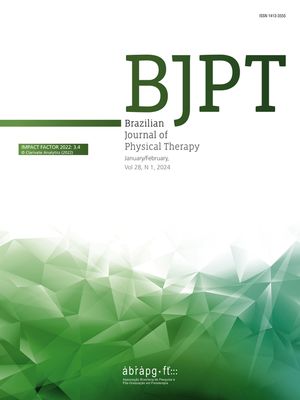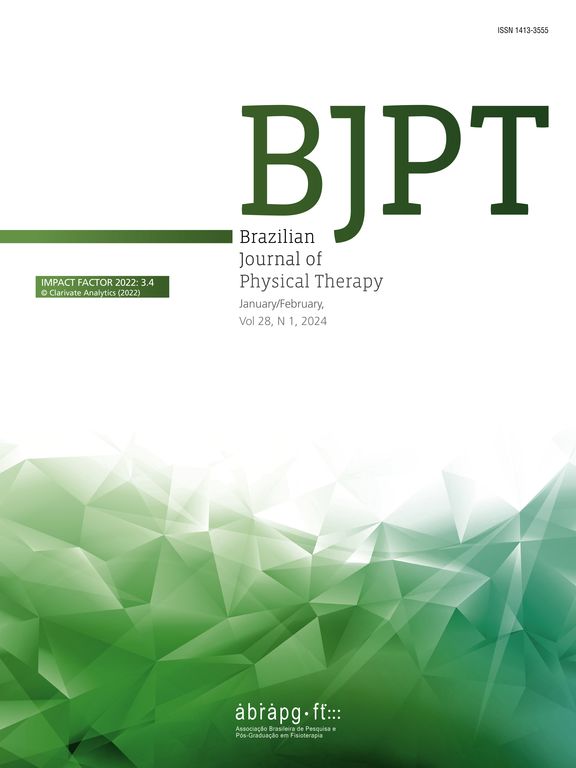
1st STUDENT SCIENTIFIC CONFERENCE OF THE BRAZILIAN ASSOCIATION FOR RESEARCH AND POSTGRADUATE IN PHYSIOTHERAPY (ABRAPG-FT)
More infoPost-COVID-19 syndrome (PCS) is characterized by a set of clinical findings that appear during or after infection with SARS-Cov-2 and persist after 12 weeks. The long-term consequences of COVID-19 are not fully known, but there is already evidence that the infection can deteriorate lung function, reduce functional capacity, impair quality of life and cause important emotional repercussions. Thus, there needs to be a tool to assess the course of sequelae and how limiting they may be to estimate the long-term burden of this disease. One of the tools used is the Post-COVID-19 Functional Status Scale (PCFS), which considers pain, emotional aspects and functional limitations of the individual.
ObjectivesTo build a predictive model of physical function through PCFS in patients with PCS.
MethodsBetween October and March 2021, a cross-sectional study was carried out with 201 survivors of COVID-19 aged 18 years or older at Policlínica Piquet Carneiro, UERJ. The study included patients with persistent symptoms or development of sequelae beyond 12 weeks from the onset of acute COVID-19 symptoms. The meanings of each score on the PCFS scale are as follows: grade 0: no functional limitations; grade 1: negligible functional limitations; grade 2: slight functional limitations; grade 3: moderate functional limitations; and grade 4: severe functional limitations. They were also assessed for general fatigue using the Chronic Fatigue Therapy Functional Rating Scale (FACIT-F), handgrip strength (HGS), and spirometry. The inferential analysis was composed by Pearson's correlation coefficient for the association between the PCFS and the other variables. Multivariate linear regression was applied to investigate which variables were predictive of PCFS. Significance P<0.05 was used. The analysis was processed using JASP version 0.14.1.
ResultsThe number of participants classified as 0, 1, 2, 3 and 4 on the PCFS scale was 25 (12%), 40 (20%), 39 (19%), 49 (24%) and 48 (24%), respectively. The PCFS scale was significantly correlated with the following variables: FACIT-F score (r=0.542, P<0.001), HGS (r=-0.339, P<0.001), previous hospitalization (r=0.226, P=0.001), BMI (r=0.163, P=0.021) and gender (r=-0.153, P=0.030). The regression model with the highest regression coefficient (R=0.622) included the following variables: age, sex, BMI, FACIT-F, previous hospitalization and HGS.
ConclusionUsing the PCFS scale, we investigated the factors that contribute to a worse physical condition of patients with PCS, without previous locomotor deficiency. The results indicate that the worse the general fatigue in these patients, the worse their physical functions.
ImplicationsBased on these results, we propose a predictive model for the PCFS scale in patients with PCS that takes into account age, sex, BMI, FACIT-F, previous hospitalization and HGS. Due to the importance of assessing physical functioning in this patient population, the PCFS scale can be a useful tool for clinical evaluation and planning of rehabilitation strategies.
Conflict of interest: The authors declare no conflict of interest.
Acknowledgment: Not applicable.
Ethics committee approval: UERJ Ethics and Research Committee under number CAAE-30135320.0.0000.5259.





